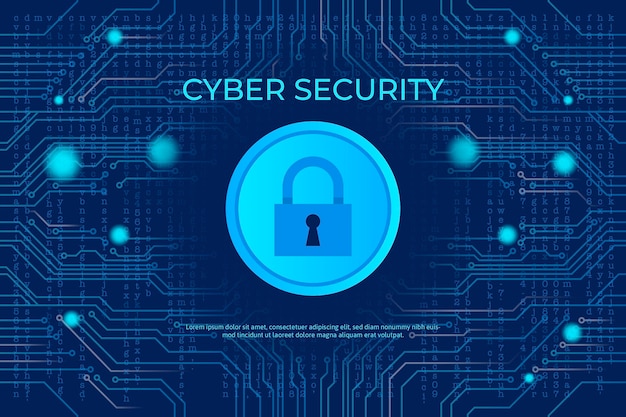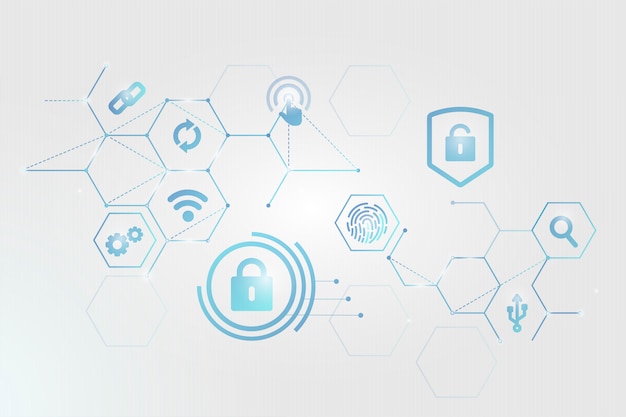Cybersecurity is one of the fastest-growing fields in tech, and many professionals—whether beginners or career changers—often ask: How long does it take to get certified in cybersecurity? The answer depends on your background, the type of certification you pursue, and how much time you can dedicate to studying. In this blog, we’ll break down the timelines for different certifications and what it takes to learn cybersecurity from scratch.
How Long Does Cybersecurity Certification Take?
The time required to earn a cybersecurity certification varies based on several factors:
1. Level and Complexity of Certification
• Entry-Level Certifications
Examples: CompTIA Security+, Certified Ethical Hacker (CEH)
Estimated Time: 2 to 6 months (part-time study)
These certifications cover foundational knowledge and are ideal for beginners.
• Professional-Level Certifications
Examples: CISSP, CISM
Estimated Time: 6 months to 1 year
These require deeper understanding and often prior experience in IT or cybersecurity.
• Advanced Certifications
Examples: OSCP, CISA
Estimated Time: 1 year or more
These are hands-on, rigorous certifications designed for experienced professionals.
2. Prior Knowledge and Experience
- IT Background: If you already have experience in IT, you may progress faster.
- Beginner Level: If you’re new to tech, expect to spend more time learning foundational concepts before diving into certification prep.
3. Study Commitment
- Full-Time Study: Can significantly reduce certification time.
- Part-Time Study: Ideal for working professionals but may extend the timeline.
- Quality of Resources: Using structured guides, labs, and practice exams can accelerate learning.
How Long Does It Take to Learn Cybersecurity for Beginners?
1. Basic Understanding
Timeframe: Several weeks to a few months
Learn core concepts like network security, threat management, and encryption.
2. Structured Learning Path
Timeframe: 8 to 12 weeks
Online courses and bootcamps offer guided learning with hands-on labs.
3. Hands-On Practice
Timeframe: Ongoing
Practical experience is essential—labs, simulations, and real-world scenarios help reinforce learning.
4. Building Expert Knowledge
Timeframe: 6 months to 1 year
With consistent study and practice, you can develop strong cybersecurity skills and prepare for advanced certifications.
Tips to Accelerate Your Certification Journey
- Set a Study Schedule: Plan your study hours and stick to a routine.
- Use High-Quality Resources: Invest in trusted books, courses, and practice exams.
- Join Study Groups: Collaborate with peers for motivation and shared learning.
- Gain Practical Experience: Use labs and simulations to apply what you learn.
- Seek Mentorship: Learn from experienced professionals for guidance and career advice.
Conclusion
Getting certified in cybersecurity is a journey that depends on your starting point, goals, and commitment. Whether you’re a beginner or an IT professional, there’s a clear path to follow. With structured learning, hands-on practice, and the right resources, you can earn your certification and build a rewarding career in cybersecurity.




